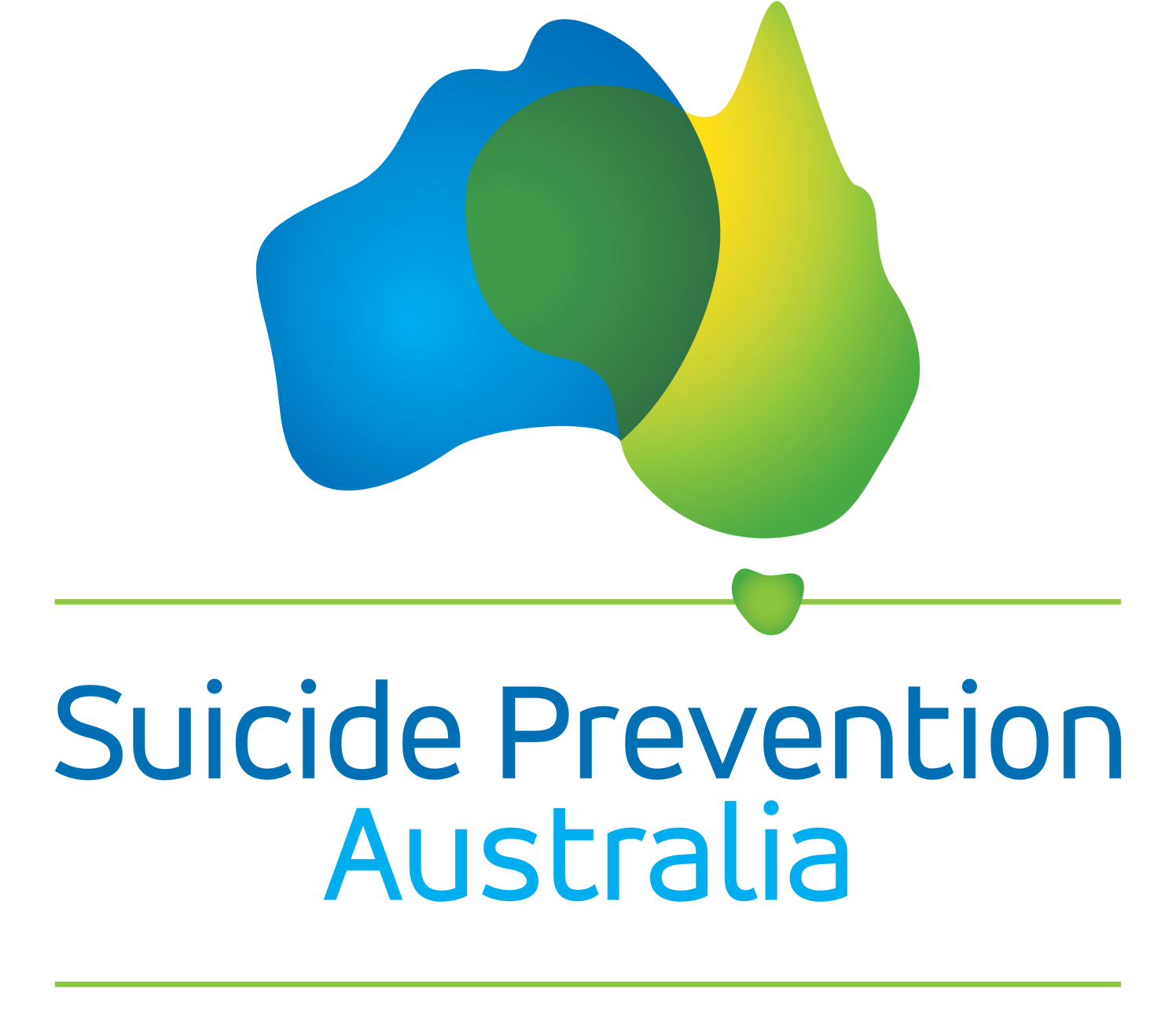The latest Census 2021 data has revealed 2.2 million Australians are living with a chronic mental illness. It was the number one condition in Western Australia, ACT, Queensland and Victoria, and in the top three for the remaining states and territories.
Suicide Prevention Australia CEO Nieves Murray said, “2.2 million Australians reported a long-term mental illness in the 2021 Census, the highest of all conditions followed by arthritis and asthma.
“The ABS figures show both the prevalence of formally-diagnosed mental illnesses in our community and the need to continue to prioritise investment in prevention, awareness and treatment.
“What we’re seeing is high rates of mental illness which is causing distress in our community. But this is only part of the puzzle. Couple that with rising pressures on other suicide risk factors such as cost of living, housing insecurity and relationship breakdown.
“This combination of risk factors reinforces the urgent need for continued focus on suicide prevention.
“Mental illness is one of many factors that can contribute to a person’s decision to take their own life but is rarely the only reason. Suicide is complex human behaviour with many varied risk factors.
“With rising cost of living and mortgages set to increase financial, housing and relationship stress, it’s critical the Federal Government urgently focuses on suicide prevention to keep suicide rates from rising during this challenging time.
“There is no easy fix and major systemic reform is required to make significant progress. This is why Suicide Prevention Australia is calling for the Australian Government to pass a National Suicide Prevention Act.
“An Act would ensure that every government department, whether it’s housing, education or health, must look at their policies and priorities through a suicide prevention lens. This is a critical step in protecting our community at time when it’s needed most.
“We are at a critical time for suicide prevention. We need a whole-of-government, not just a mental health approach to suicide prevention.
“We know the risk of suicide rates are often highest two to three years after a crisis, pandemic or natural disaster. We know there’s record levels of distress across our community.
“Fortunately, suicide rates haven’t increased since the pandemic and now is a critical time to make decisions that will reduce distress in our communities.
“It’s important to remember help is always available no matter who you are or what situation you are in. You do not have to go this alone. If you are feeling distressed, please reach out and access the various support services that are available,” said Ms Murray.
To get help 24/7, phone Lifeline on 13 11 14 or the Suicide Call Back Service on 1300 659 467. If you or someone you know are in immediate danger, phone 000 for emergency services.
Help to report about suicide safely is available online: Go to https://mindframe.org.au/
Media enquiries:
Clare Kinsella 0427 689 689 or clarek@suicidepreventionaust.org
Amelia Banks 0410 591 134 or ameliab@suicidepreventionaust.org
About Suicide Prevention Australia
Suicide Prevention Australia is the national peak body and we’ve been providing support for Australia’s suicide prevention sector for more than 25 years. We support and advocate for our members to drive continual improvement in suicide prevention policy, programs and services. Our reach is broad, including member organisations, governments, businesses, researchers, practitioners and those with lived experience. We are focused on an integrated approach to suicide prevention encompassing mental health, social, economic and community factors. We believe that through collaborative effort and shared purpose, we can achieve our vision of a world without suicide.
